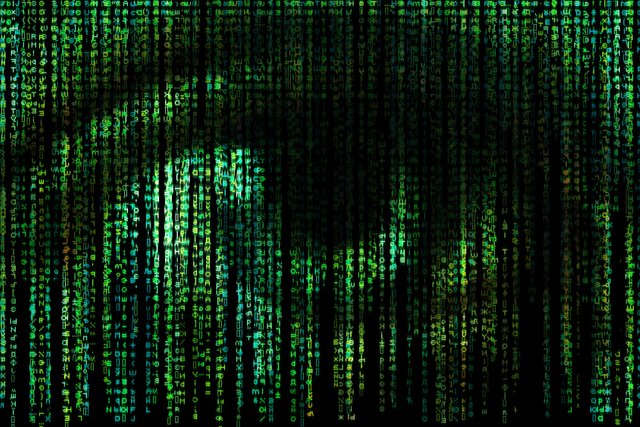What we see might not be the reality

A cup looks like one because you have the image of a cup in you. Blue color is blue since that is how we interpret it back in our minds. While it seems that way and normal, the epistemology department has a problem at hand – how do we know the nature of what of what we actually see? For a millennium, the explorers have constructed numerous theories form having one mind that exists to how our senses give us an accurate prediction of how the world looks like.
Listening to Donald Hoffman on TED talk is eye opening but it also makes you ask yourself a lot of questions. What captures my attention is his revolutionary aspect in psychology that he calls the ITP (Interface Theory of Perception). In ITP, what we perceive is from our end-user interface interpretation and that is what directs you on how to behave as you look forward to survive and be productive. That is a bend from the actual truth.
We already have an image of what we are seeing
If you look at a young sunflower, it is all yellow with a dark spot in the middle for the coming seeds. If a bee comes across to feed on the flower, it sees the yellow you are looking at plus more. The compound eyes on it have a view of the ultraviolet range too so the coloring will also be different.
That is just an example of many other things that gives us room to doubt their actual look. Microscopes and telescopes show us something that we cannot see with our naked eye. The interpretation still has room for improvement as far as visual perspective is concerned. When looking at celestial objects, we need to have a view of the whole spectrum which may still be possessing radiation generated thousands or millions of years ago, and that is what is available for view.
With that, it is possible to say that we also have our own perception of touch, taste and smell?
Perception carries with itself a revolutionary philosophy. That is why researchers are working on the intriguing complexity that involves the whole evolution history of our perceptual protocol and understanding.
How we came to be is exhaustive enough and the journey of humans in testing products from time to time for survival purposes leaves with trust issues on the reality representation. That is why scientists reveal that it is not actually the reality, it is what will be useful to us based on past experiences. So, the map you are looking at for navigation is not the actual representation of a place, it is just a way to help you travel or move in an efficient manner and arrangement.
When you look at the moon when it’s closer to the horizon, it always appears larger than it was. We can say it is not really a visual illusion if how we perceive in our brain from what the eye collects didn’t not expand enough to see the real representation. A machine can also be programmed to imitate human character or certain calculations that relate to illusions. That way, they emulate the working of a human brain.
We are more like a desktop with all the icons we need
Hoffman continues to illustrate how we perceive by relating the interpretation to the computer’s point of view. The analogy is that physical space is the desktop and all the objects around are the icons. They stand on the GUI (graphical User Interface) that is formed by our senses.
The light that gets into the eye is taken by the neurons for interpretation back in the brain and the electrical impulses generated are managed by the visual cortex to see what is in the environment.
Now, with a GUI, do you need to know how the brain works it out? In computers, we only deal with the inputs and the screen among other output forms. What the computer does back in there, we leave that to the gates. So, we only interact with the interface and what coincides with reality is kept away from how we adapt as we function.
Well, a cup might not be a cup anymore and the blue color might be something else. What do you think?
FOLLOW US:
Inspirion: http://www.inspirion.online
Facebook: https://www.facebook.com/inspirion.online